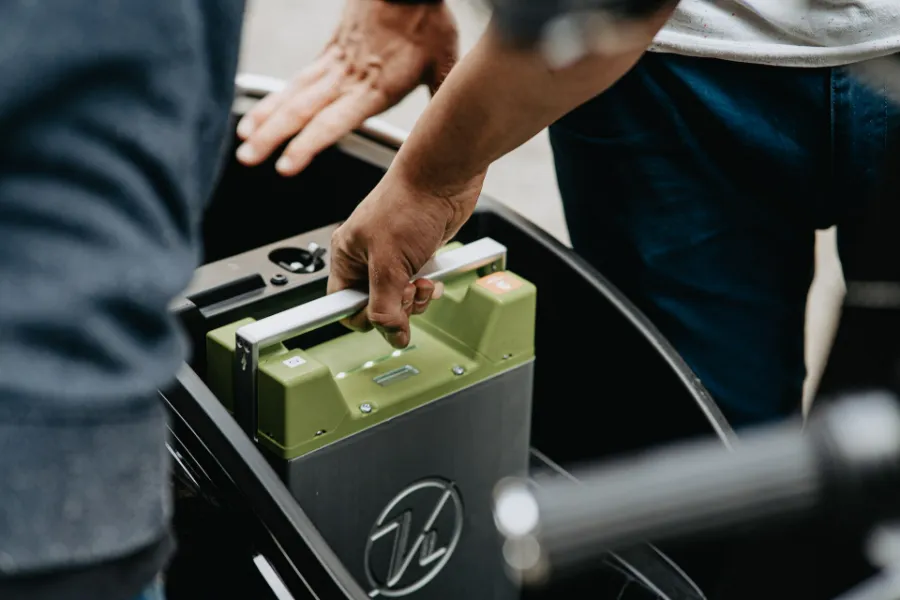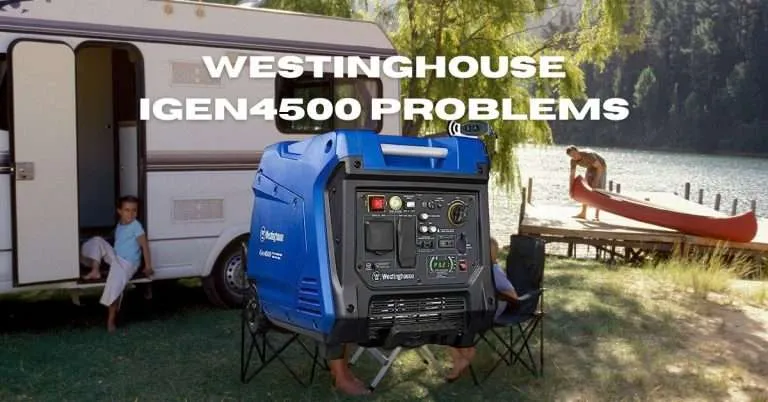How to Use a Marine Battery for Camping: Tips and Tricks for 2023

Last updated on August 13th, 2024 at 12:06 am
Batteries swerve as electrical storage devices. They store electrical energy which is released when the chemicals in the battery change. With that said, they are instrumental in any camping trip.
When you set out for your camping trip, ensure that your battery has enough reserve for the entire trip. Recharging is also worth considering and it will depend on the type of battery you have. The batteries can usually fit under the bonnet of some cars.
This article delves deep into these batteries, how they work, and all that you need to know before purchasing them.
How to Use a Marine Battery for Camping?

Batteries are essential in our day-to-day living. When it comes to camping, the main battery applications include starting battery that is used to run engines, deep cycle, and marine batteries.
Deep cycle batteries operate everything that runs in your RV when parked from appliances, and lights, among others. Marine batteries are a cheaper option but compromise on quality. Most of them are designed such that the lead bathes in a solution of acid and water. Therefore, you need to fill it up periodically since it loses some solution with every charge the battery loses.
Usually, marine batteries and RV deep-cycle batteries can be used interchangeably. For optimal performance, ensure the marine battery has a slow discharge with a large reserve capacity. Moreover, ensure that it has enough power reserved to power the RV and everything inside between charges.
What Is a Marine Battery Used For?
Marine batteries are in three categories– starting batteries, deep cycle batteries, and dual-purpose batteries. They are basically a hybrid of starting and deep-cycle batteries. Hence, they feature lead sponge plates which tend to be heavier and coarser than starting battery plates but not as thick as deep-cycle battery plates.
Few batteries can stand up to the test of outdoor life. And that is where marine batteries come in. These are basically a camper’s power source for all appliances and equipment. Since many camping sites are usually off-grip far from any power, these batteries come in handy to power a site, caravan, or motorhome.
Marine batteries are usually tasked with powering small appliances such as TV, fridge, and lighting. With that said, marine batteries are not expected to deliver currents for a short period of time like the car battery, but rather, provide a steady current for a long time. That explains why these are preferred for leisure purposes.
What Do You Look for When Choosing a Marine Battery?
Several factors need to be put into consideration before settling for a marine battery. Ultimately, it is vital that you find the right fit for your needs.
Capacity
A battery’s capacity is measured in AH (ampere-hours), which is the amount of current a battery delivers in a given period of time. A battery with higher AH means that it can store more power and work for longer hours. However, the capacity of the battery directly affects its size and weight.
Voltage
The voltage rating of a battery refers to the potential electrical difference. Often, starter and deep cycle batteries have 12V DC. In other cases, RV owners opt for 6V batteries combined in series to create a 12V battery for their use.
Depth of discharge
The depth of discharge is usually expressed as a percentage. The value specifies the amount of power the battery discharges. For some batteries such as lead-acid batteries, the depth of discharge and their lifecycle are related. Also, a battery having deeper individual cycles will translate to fewer cycles overall.
Temperature changes
The performance of the battery in different temperature changes is vital. It would be best to invest in one that can withstand outdoor temperature changes. This way, you can be sure it provides heat in winter conditions and air in the summertime. Also, ensure you inquire about its performance when under humid conditions in case you are planning to camp in such areas.
Charging
You need to know how much time the battery takes to charge fully. Also, find out whether you will need a power inverter, solar power, generator, or shore power to charge the battery.
Ability to withstand vibration
Before purchase, ensure you investigate the battery’s performance in transit. This translates to its overall quality. A good battery can withstand vibrations and shocks of the road so it is not easily damaged.
FAQs
Conclusion
Marine batteries are very useful on a camping trip. They are able to store and deliver enough power to keep equipment and appliances running. Proper use, care, and maintenance help to increase the lifespan of such batteries.
You Can Also Read:
- How Low Can You Discharge A Deep Cycle Battery
- Where to Store Small Coleman Propane Tanks at Home
- Is It Illegal to Have a Propane Tank Indoors
- Best 12V Portable Camping Fridge - August 13, 2024
- How to Insulate Slides on an RV - February 8, 2024
- How Much Water Does an RV Use Per Day? Understanding Your Daily Consumption - February 8, 2024






